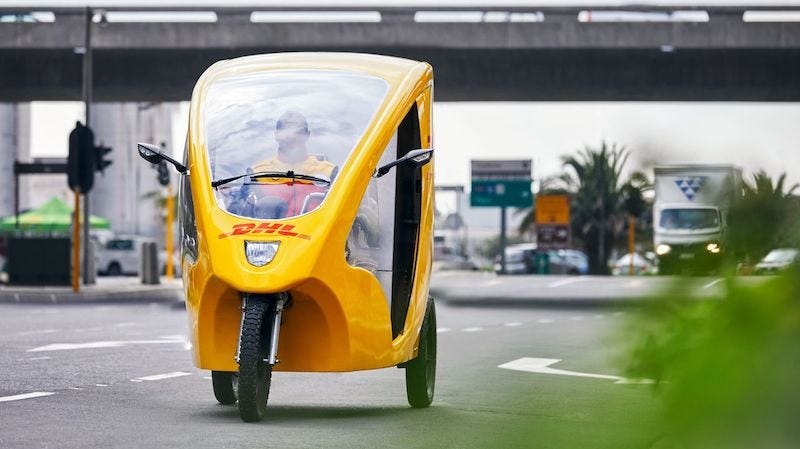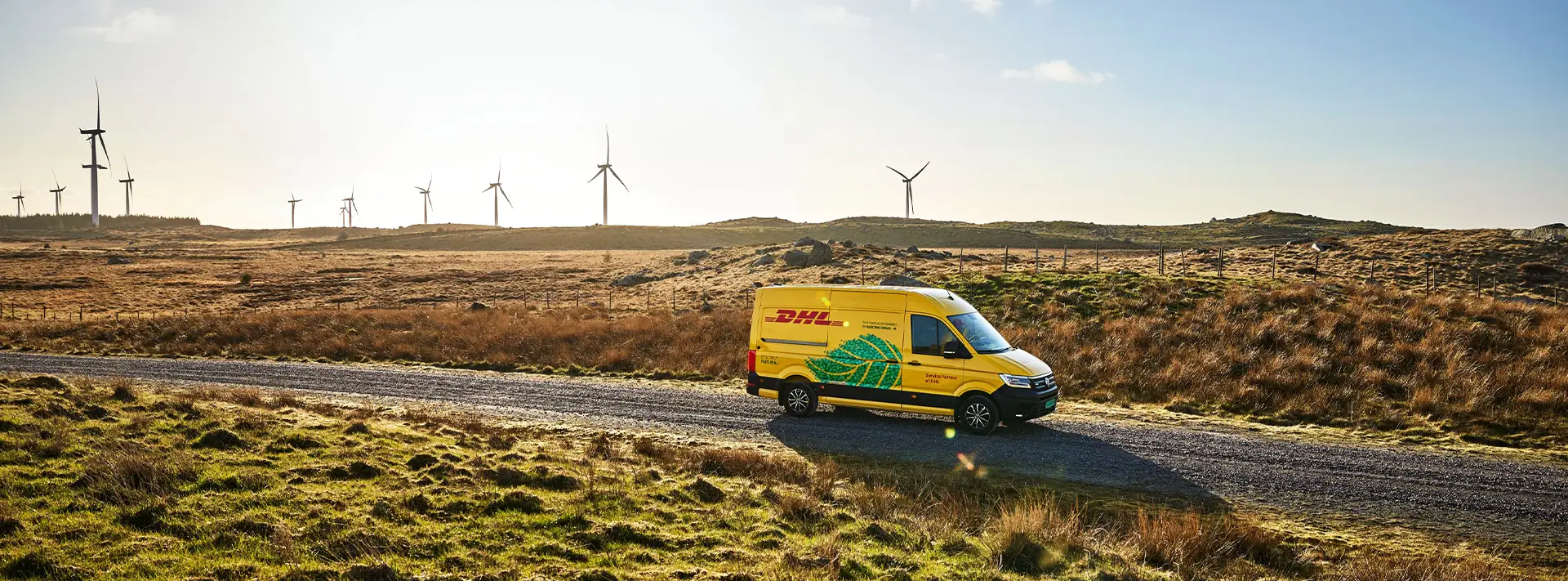
In an era marked by rapid globalisation, logistics serves as the backbone of timely and efficient goods delivery. Yet, the mounting concerns over environmental sustainability and the effects of air pollution are forcing a critical reevaluation of traditional practices. The industry faces increasing scrutiny due to its carbon footprint and its role as one of the significant sources of air pollution. Consequently, the logistics sector is shifting gears to embrace green logistics, adopting various eco-friendly vehicles like electric cars in Bangladesh and around the globe. Whether it’s CNG cars or the evolving types of electric vehicles designed for reduced emissions, the focus is clear: lessen vehicular pollution and move towards the prevention of air pollution. This approach not only serves to bring down car emissions but also offers myriad eco-friendly benefits, demonstrating that addressing the causes of air pollution is not just an ethical imperative but a business-savvy move as well.
This blog aims to explore the emergence and impact of eco-friendly vehicles in logistics.
The environmental impact of conventional cars
In the logistics landscape, characterised by expansive international shipping networks, conventional fuel-based vehicles have long been the go-to option. Yet, these vehicles are not without their environmental drawbacks. They rank as major sources of air pollution, exacerbating the effects of air pollution, including smog formation and respiratory ailments. In fact, according to The University of Melbourne, vehicle emissions are responsible for 6,840 respiratory hospitalisations and 12,210 cardiovascular hospitalisations per year in Australia alone. Their substantial carbon footprint is increasingly drawing concern from the public and regulatory bodies alike, as these vehicles' fuel inefficiency continues to be a significant driver behind the causes of air pollution. This has amplified the call for green logistics strategies, creating a sense of urgency around finding ways to reduce vehicular pollution as part of the broader mission to ensure environmental sustainability in the logistics industry.
Understanding eco-friendly vehicles
To address these environmental woes, the sector is increasingly turning towards eco-friendly vehicles. But what exactly are these types of vehicles?
1. Electric cars
An electric car operates entirely on electricity. It doesn't emit tailpipe pollutants, thus helping to reduce vehicular pollution. They contribute significantly to the prevention of air pollution, making them a truly green option in the lineup of environmentally friendly vehicles.
2. Hybrid cars
Hybrid cars offer another innovative solution, standing out for their versatility in fuel usage. Designed with both an internal combustion engine and an electric battery, the true meaning of a hybrid car resides in its capacity to toggle between these fuel types, which directly leads to substantial reductions in emissions.
3. Natural gas cars
Natural gas cars, which run on compressed natural gas (CNG), serve as yet another compelling option in the push for environmental sustainability within logistics. Eclipsing traditional fuel options in eco-friendliness, natural gas cars emit significantly fewer pollutants. When integrated into fleets engaged in overseas shipping, these environmentally friendly vehicles substantially reduce vehicular pollution, making them an essential component of green logistics strategies that aim to lessen both the carbon footprint and adverse effects of air pollution associated with goods movement.
4. Diesel cars
Modern diesel vehicles, equipped with advanced emission control systems, also make the cut. Though not as clean as electric or hybrid cars, they offer a more eco-friendly alternative to their older counterparts, especially when considering ways to reduce vehicular pollution.

















